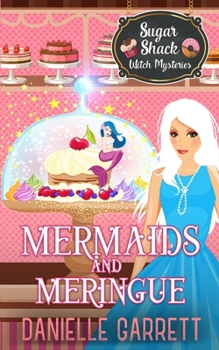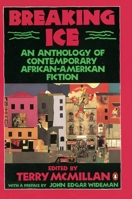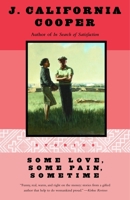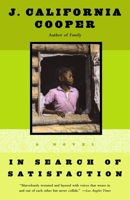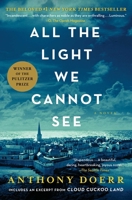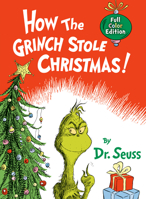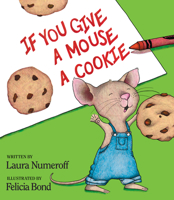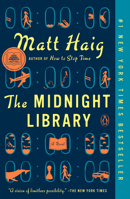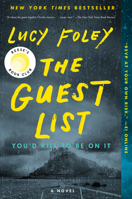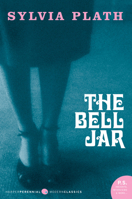Mermaids and Meringue: A Sugar Shack Witch Mystery
(Book #3 in the Sugar Shack Witch Mysteries Series)
Select Format
Select Condition 
You Might Also Enjoy
Book Overview
A handsome date for New Year's Eve? Check.
Red lipstick and a killer party dress? Double check.
A kiss when the clock strikes twelve? Undecided.
If I'm going to be stuck in Winterspell a little longer, I may as well have fun with it. But you know what they say about the best laid plans...
When my romantic evening turns into a kidnapping investigation, I can't wait around to watch the ball drop. There's a mermaid-snatching monster on the loose, and it's up to me to stop them.Luckily for me, my date always comes loaded for dragon.
Mermaids and Meringue is the second book in the Sugar Shack Witch Mysteries series. If you like your magical mysteries with a little bit of sass, this one is for you!
Customer Reviews
Rated 5 starsGalleys and More
I received Gunpowders and Galleys as a Christmas present and I am immensely pleased. This book deserves its reputation as not only a topnotch work of naval history, but history, period. The depth of scholarship, originality, good sense, readable style, and careful interweaving of multiple sources of information makes it a superb book that ought to provoke thought outside of the narrow field of galley warfare. In particular,...
0Report
Rated 5 starsProbably the best.
Probably the best in its field. No other work contains so much important information on galleys and naval power in the age of gunpowder and on the history of Mediterranean warfare of the period. It is also a must for anybody interested in the modern struggle between Islam and Western World. Just like now when only the modern Empire (USA) can save our civilisation, so in the 16° century only the superior Venetian technology...
0Report
Rated 5 starsOne of the best
I've read the older printing more than once. Author John Keegan once described it as one of the best 2 or 3 military history books he'd read. This research didn't become popular until years after the printer was done. I've seen used copies selling for $150 or more. Since Prof. Guilmartin wrote this, more reserchers have produced quality work on galley warfare, but this original needed very little improvement. I still get benefit...
0Report
Rated 5 starsA classic work
Guilmartin's book offers an excellent fusion of military history and history of science. His wide-ranging work of course offers a thought provoking argument about the adaptability of traditional Mediterranean galley based naval warfare to gunpowder weapons,(which he finds initially effective but ultimately a technological dead end). But there's a lot more to the book than that. His work challenges traditional thinking in...
0Report
Rated 5 starsHistory at its absolute best
The sixteenth century is a pivotal time in military history, when the increasing quantity of gunpowder weapons fundamentally changed the face of warfare. Mediterranean naval warfare was no less affected by this phenomenon than other spheres of conflict, but historians have had a difficult time analyzing the changes because they used an inappropriate model: the theories of Alfred Thayer Mahan.In this seminal work, John F. Guilmartin...
0Report










